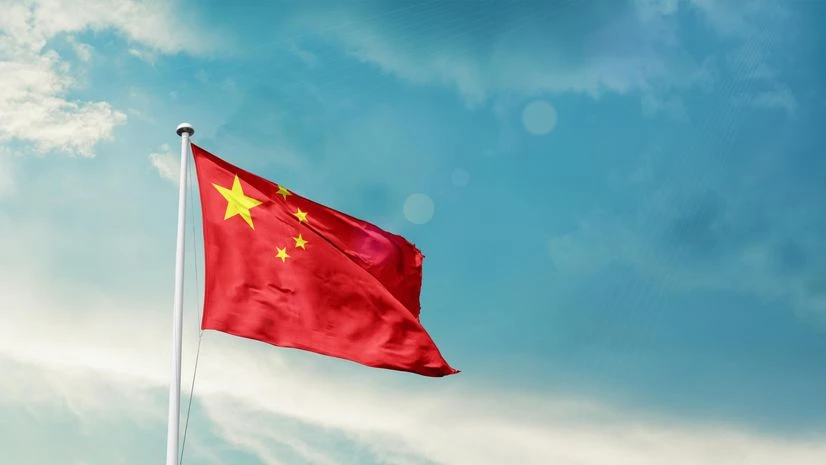By Bloomberg News
China’s factory activity contracted for a second straight month in June, signaling weakness in an area that Beijing is betting on to drive the economy.
The official manufacturing purchasing manager index was at 49.5, the National Bureau of Statistics said Sunday. That was the same reading as May, and in line with economists’ prediction in a Bloomberg survey. Any number above 50 points to an expansion.
A sub-index of new orders at factories inched lower to 49.5 as demand weakened, while a gauge measuring new export orders was unchanged at 48.3.
Meanwhile, the non-manufacturing measure of activity in construction and services fell to 50.5, the statistics office said. That compares with a forecast of 51, and a May reading of 51.1.
China’s economy has performed unevenly this year, with manufacturing at times a bright spot while consumption has been weighed down by a prolonged real estate crisis. The continued contraction in the factory sector poses a threat to the country’s economic growth target of around 5% this year.
More From This Section
Trade tensions
In a statement accompanying the data, NBS analyst Zhao Qinghe cautioned that “the foundation for sustained recovery and improvement still needs to be consolidated.”
Trade tensions have added to the challenges. The US and European Union — two of China’s biggest export markets — have sounded the alarm over a surge in cheap Chinese exports, which they say are unfairly bolstered by Beijing’s massive subsidies. Both have threatened to impose tariffs on China’s electric car exports, along with other sectors where Beijing is leading on price.
The drop in the construction index to 52.3, from 54.4 in May, marked its weakest print since July 2023 and suggests that state infrastructure spending, a key support for the recovery, lost steam, according to Bloomberg Economics. That suggests bolder stimulus may be needed.
“Policymakers will likely focus on fiscal measures to support the economy, given the constraints on monetary easing due to currency pressures,” said Zhou Hao, chief economist at Guotai Junan International.

)